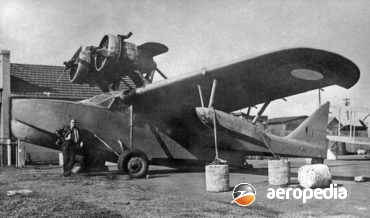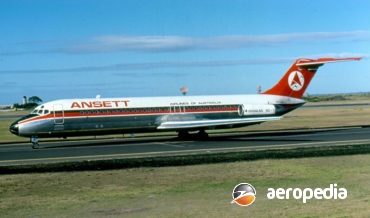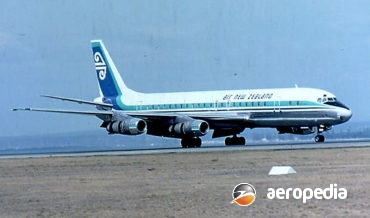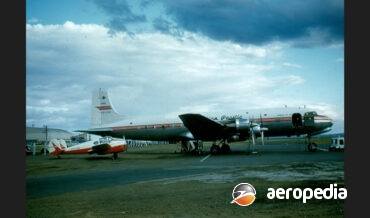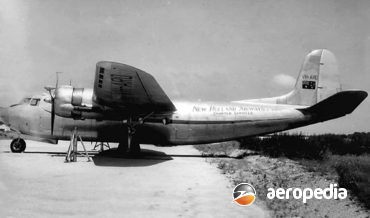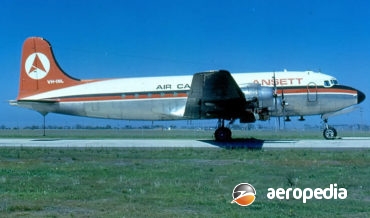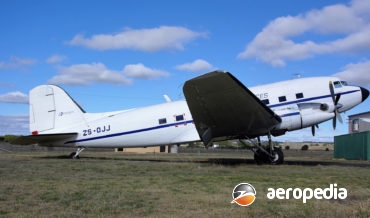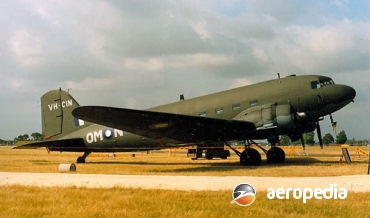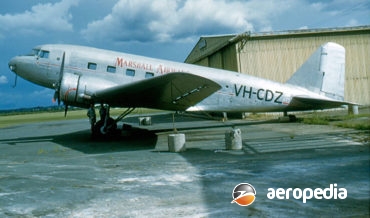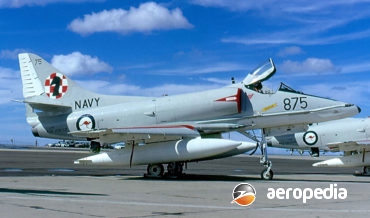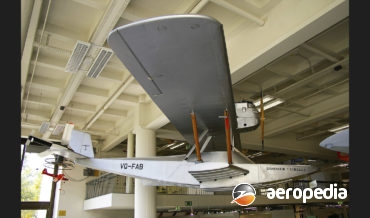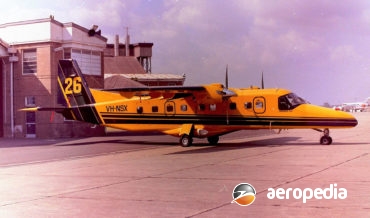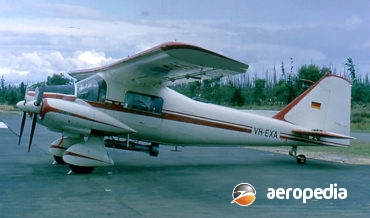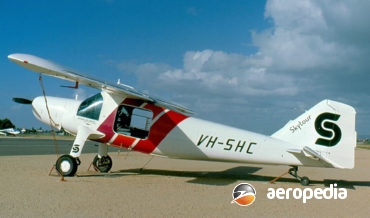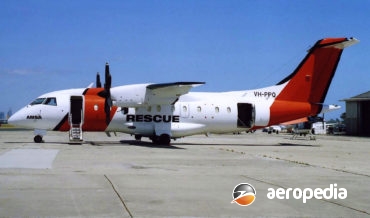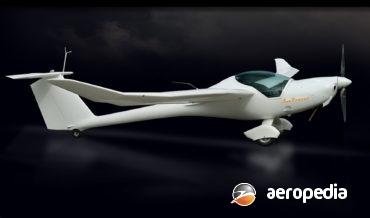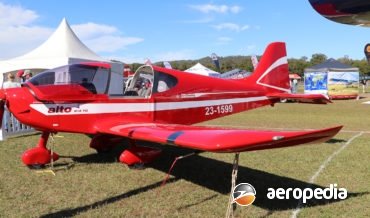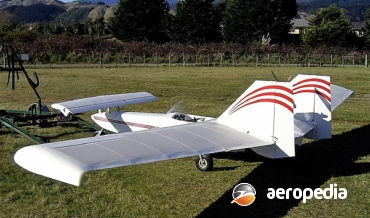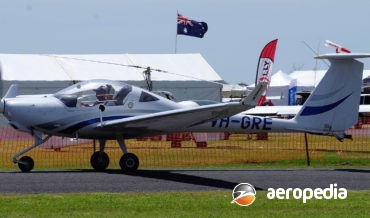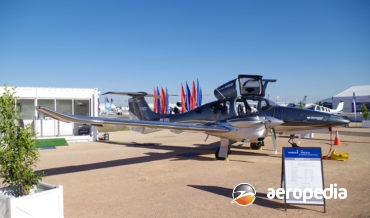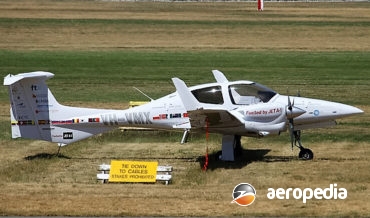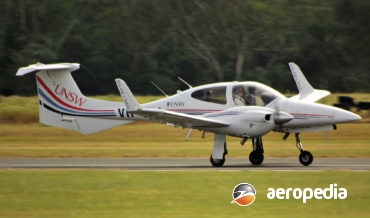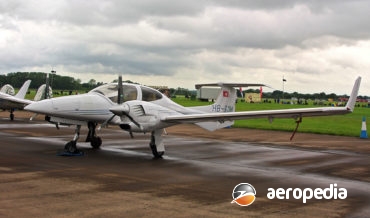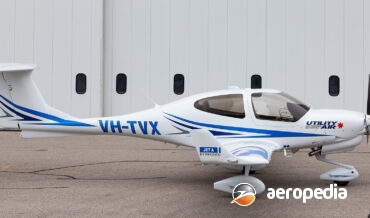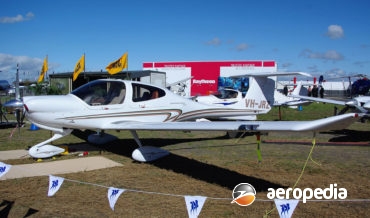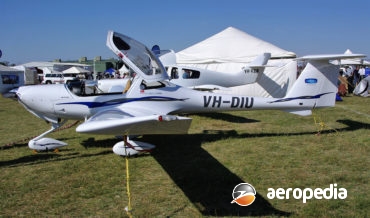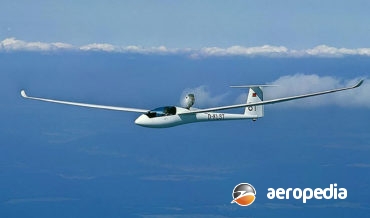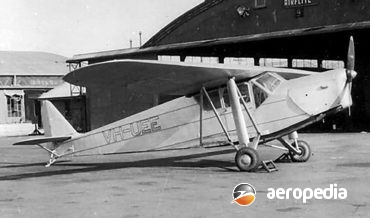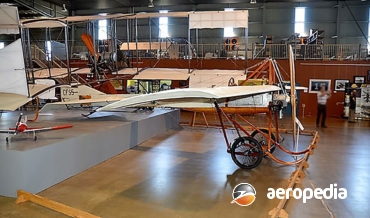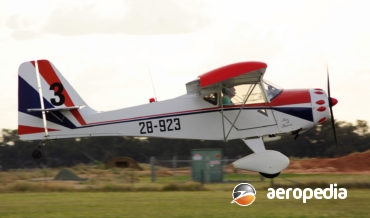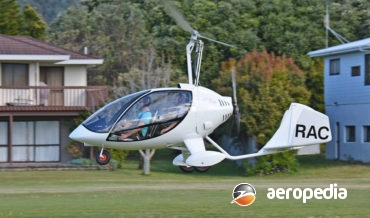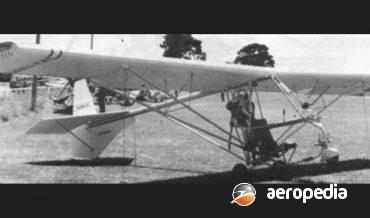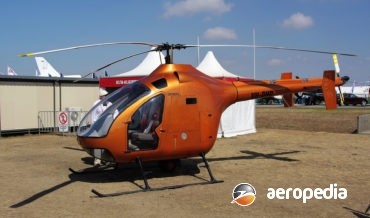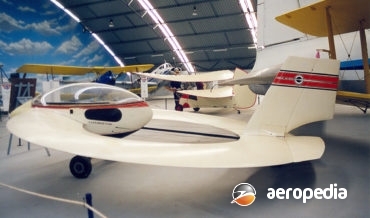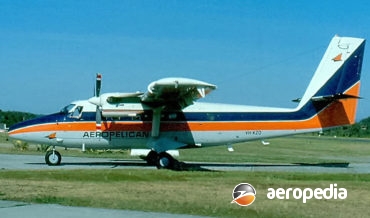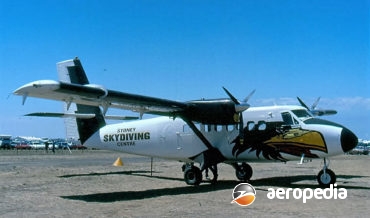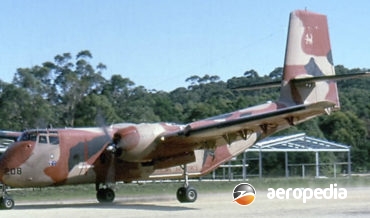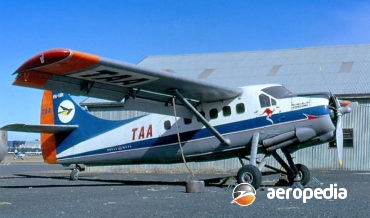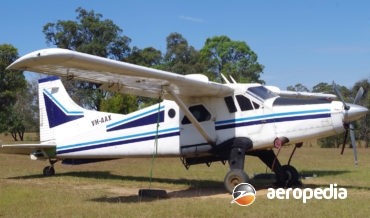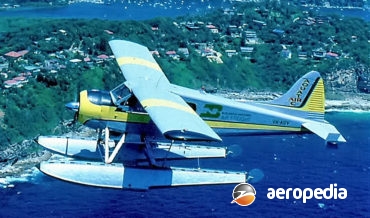All Contents
Contents
The Dolphin was designed by the Douglas Aircraft Co to meet the requirements of civil operators for a twin-engine flying boat, and the prototype, initially known as the Sinbad, flew for the first time at Santa Monica Bay, California, in July 1930.
David C. Eyre
- May 8, 2019
In April 1963 the Douglas Aircraft Company proceeded with the design and development of a new airliner known as the Douglas Model 2086, at that time having no firm orders.
David C. Eyre
- May 8, 2019
In an attempt to maintain its competitive position as a supplier of transport aircraft to the world’s airlines, Douglas Aircraft Company commenced the design of a jet powered aircraft to replace the DC-7 series.
David C. Eyre
- May 8, 2019
The DC-6 series has been considered by many to be the finest piston-engined transport produced.
David C. Eyre
- May 8, 2019
The DC-5 was designed by Ed Heineman (who later designed the A-4 Skyhawk) and built at the El Segundo Division of the Douglas Aircraft Co at Inglewood, California to meet airline requirements for a 16 – 22 seat twin-engine airliner.
David C. Eyre
- May 8, 2019
In 1939 the Douglas Aircraft Company decided to design and build a new four-engine airliner with an un-pressurised fuselage, providing accommodation for 42 passengers, and a range which was sufficient to permit US transcontinental performance, powered by the Pratt & Whitney R-2000 radial engine.
David C. Eyre
- May 8, 2019
Over the years a number of conversions have been made to the Douglas DC-3 / C-47 series to increase performance and this has usually involved the installation of turboprop power plants.
David C. Eyre
- May 8, 2019
The most famous and widely used transport aircraft of all time, the Douglas DC-3 was developed from the DC-1 and DC-2.
David C. Eyre
- May 8, 2019
The Douglas DC-2, which was a direct development of the sole DC-1 (X223Y), flew for the first time on 11 May 1934 powered by two Wright SGR-1820 engine of 537-kw (720-hp).
David C. Eyre
- May 8, 2019
Now more than 65 years old, and after the completion of some 2,960 examples, the last being delivered in February 1979, the Skyhawk series proved to be one of the most versatile shipboard attack aircraft, and was still in service with a few airforces at the turn of the century.
David C. Eyre
- May 8, 2019
The Dornier Libelle was a light three-seat sporting flying boat built in the 1920s by Dornier Metallbanten at Freidrichshafen and was delivered in some numbers.
David C. Eyre
- May 8, 2019
In June 1979 Dornier tested an aircraft called the Dornier DO 228TNT. A new commuter airliner with an advanced technology wing, it was aimed at the 15/19-seat commuter market. The initial model was the 228-100, the prototype of which flew on 28 March 1981.
David C. Eyre
- May 8, 2019
The DO.28 was designed and built by Dornier as a STOL light utility aircraft.
David C. Eyre
- May 8, 2019
The Dornier DO.27 was the first German military aircraft of post-war design to achieve quantity production, and it saw service with the air forces of West Germany, Switzerland, and South Africa, as well as the armies of Germany and Sweden.
David C. Eyre
- May 8, 2019
In 1987 it was announced that Dornier was incorporating the latest technology into its new 30-passenger DO 328 regional airliner.
David C. Eyre
- May 8, 2019
The SunDancer is a development of the Urban UFM-13 Lambada to meet the American Light-Sport Aircraft regulations with a gross weighty of 600-kg (1,323 lb) and is listed as a type approved by the US FAA in that category.
David C. Eyre
- May 8, 2019
The Alto is a two seat training and sport aircraft built in the Czech Republic and has become available in three main versions, the Alto TG with a tricycle undercarriage;
David C. Eyre
- May 8, 2019
The XTC was designed and built in kit form by Diehl Aeronautical in the 1980s as an amphibious ultra-light aircraft with an open cockpit.
David C. Eyre
- May 8, 2019
Hoffman Flugzeugbau was founded in 1981 in Friesach, Austria, to produced the H36 Dimona motor glider. By 1985 it had become a subsidiary of Simmering-Graz-Pauker AG and, after moving to Vienna, introduced the Dimona Mk II.
David C. Eyre
- May 8, 2019
Diamond Aircraft in Wiener Neustadt, Austria commenced business producing the DA-20 Katana series and in due course was the instigator of aircraft being fitted with diesel engines to reduce running costs.
David C. Eyre
- May 8, 2019
The genesis of the DA-42 commenced in 1981 when the then Austrian-based company, Diamond Aircraft Industries, produced a series of gliders and has continued over the years to produce the DA-20, DA-40 and DA-42 series, these being very distinctive aircraft in having long high-aspect ratio wings, winglets, and a tapered
David C. Eyre
- May 8, 2019
In August 2008 Diamond announced it was introducing two new models of the Twin Star, the first being the DA-42-NG with 120-kw (170-hp) turbo diesel engines, and the DA-42-L360 with normally aspirated Lycoming IO-360 engines, the latter being specifically aimed at the US market.
David C. Eyre
- May 8, 2019
The DA-42 Twin Star was developed by Diamond Aircraft Industries Gmbh at Wiener Neustadt in Austria from the DA-40 series and was built in the company’s plant in Vienna, the aircraft being unusual at that time in that it was fitted with modern diesel engines.
David C. Eyre
- May 8, 2019
As noted in the Diamond DA-40 article, the DA-40 series has continued to be developed by the manufacturers and has become very popular around the World in the training role.
David C. Eyre
- May 8, 2019
The DA 40 series of light aircraft is built by Diamond Aircraft Industries at its facility south of Vienna in Austria.
David C. Eyre
- May 8, 2019
The DA-20 series was introduced to the Diamond range of training aircraft, being a two-seat trainer aimed at the market for trainers before the DA-40 and DA-42 aircraft.
David C. Eyre
- May 8, 2019
The LS-8 series of high-performance gliders emanated from Germany and was designed in 1994 to meet the requirements of some operators to have an engine for sustaining flight to prevent out-landings and sometimes damage to the aircraft.
David C. Eyre
- May 8, 2019
The Desoutter series of aircraft was produced in two models by the Desoutter Aircraft Co Ltd at Croydon Aerodrome, Surrey.
David C. Eyre
- May 8, 2019
Armand Deperdussin, who founded the Societe pour les Appareils Deperdussin in 1910, obtained the services of Mr Berchereau as chief designer to develop a series of aircraft.
David C. Eyre
- May 8, 2019
Denney Aircraft Co was formed in 1985 in Boise, Idaho, to build a two-seat ultra-light aircraft, and this received the name Kitfox, being available in kit form, and 21 kits were delivered to constructors during the first year.
David C. Eyre
- May 8, 2019
Development Technology Aero (DTA) later known as Delta Trikes Aviation) was founded in France in 1990 by Jean-Michel Dizier to produce a range of trikes and machines were developed to meet aerial work requirements, including agriculture, territorial tracking and pipeline work.
David C. Eyre
- May 8, 2019
In the early 1980s Delta Technology in the United States produced a number of ultralight aircraft of high-wing configuration with conventional tail surfaces on a monoplane wing, the ailerons and elevators being operated by a control stick, the rudder being operated by pedals.
David C. Eyre
- May 8, 2019
One of a new range of helicopters being produced for the light training market, the D2 is produced by Delta Development Co of Tonah in Queensland and is a diesel-engined powered light helicopter with a skid landing gear.
David C. Eyre
- May 8, 2019
The Dehn Ring Wing was built in 1972 by its designer, Karl Dehn, in Victoria where it was known around Benambra (near Omeo) as “the flying Dunny Seat”.
David C. Eyre
- May 8, 2019
Following the success of the earlier Twin Otters Series 100 and 200 de Havilland Canada moved to the Series 300, production of this ;
David C. Eyre
- May 8, 2019
Using basically the same fuselage and wing as the single-engine Otter, the DHC-6 Twin Otter was designed with a new nose and tail assembly, and the cabin section was extended in length to seat up to 20 passengers.
David C. Eyre
- May 8, 2019
The decision to proceed with the design and development of the Caribou twin-engine transport was taken in 1956 after nearly two years of study.
David C. Eyre
- May 8, 2019
Like its predecessor, the DHC-2 Beaver, the Otter was developed in Canada to operate in undeveloped areas such as those in northern Canada.
David C. Eyre
- May 8, 2019
The Mk III Turbo Beaver was a logical step from the piston engined Beaver to provide a more modern power plant and greater capacity.
David C. Eyre
- May 8, 2019
The prototype of the de Havilland Beaver (CF-FHB) utility aircraft was flown for the first time on 16 August 1947.
David C. Eyre
- May 8, 2019
Recent Comments
Archives
Categories
- No categories
Categories
- No categories
Latest Posts
Newsletter

